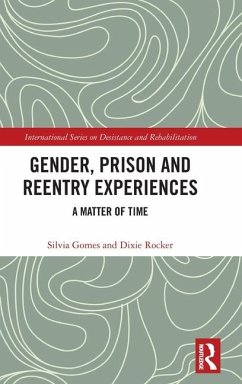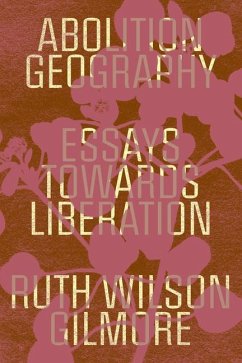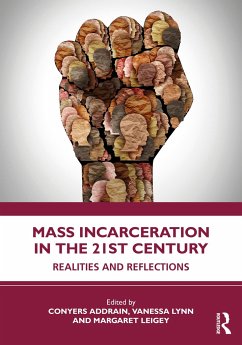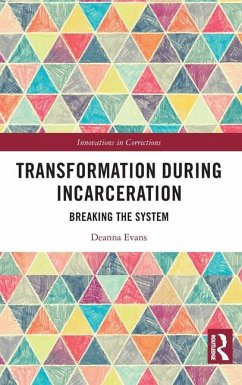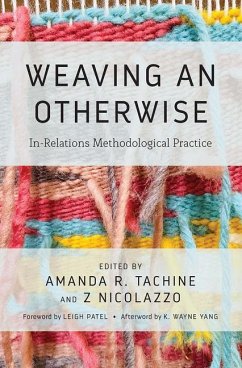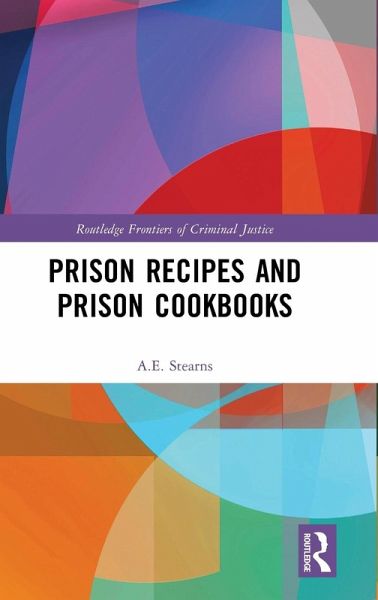
Prison Recipes and Prison Cookbooks
Versandkostenfrei!
Versandfertig in 6-10 Tagen
154,99 €
inkl. MwSt.
Weitere Ausgaben:

PAYBACK Punkte
77 °P sammeln!
Prison Recipes and Prison Cookbooks provides an innovative exploration of U.S.-based prison cookbooks using a narrative criminological approach.The book relies on the voices of prison cookbook authors to argue that cookbook narratives are a form of communication with the free world. Further, the book undertakes thematic analyses of prison cookery and narratives to illuminate the intersections of incarceration with abolition, gender, literacy, and dehumanization. The reader is introduced to the power and symbolism of cell made food, as well as the agency and resourcefulness of those who cook, b...
Prison Recipes and Prison Cookbooks provides an innovative exploration of U.S.-based prison cookbooks using a narrative criminological approach.
The book relies on the voices of prison cookbook authors to argue that cookbook narratives are a form of communication with the free world. Further, the book undertakes thematic analyses of prison cookery and narratives to illuminate the intersections of incarceration with abolition, gender, literacy, and dehumanization. The reader is introduced to the power and symbolism of cell made food, as well as the agency and resourcefulness of those who cook, bake, and write about food behind bars.
Prison Recipes and Prison Cookbooks is of interest to instructors of courses covering the sociology of food, criminology, human geography, and anthropology. The book is also appropriate for prison and probation services, health organizations, and anyone engaged in the criminal-legal system, abolition movements, or social reform.
The book relies on the voices of prison cookbook authors to argue that cookbook narratives are a form of communication with the free world. Further, the book undertakes thematic analyses of prison cookery and narratives to illuminate the intersections of incarceration with abolition, gender, literacy, and dehumanization. The reader is introduced to the power and symbolism of cell made food, as well as the agency and resourcefulness of those who cook, bake, and write about food behind bars.
Prison Recipes and Prison Cookbooks is of interest to instructors of courses covering the sociology of food, criminology, human geography, and anthropology. The book is also appropriate for prison and probation services, health organizations, and anyone engaged in the criminal-legal system, abolition movements, or social reform.





